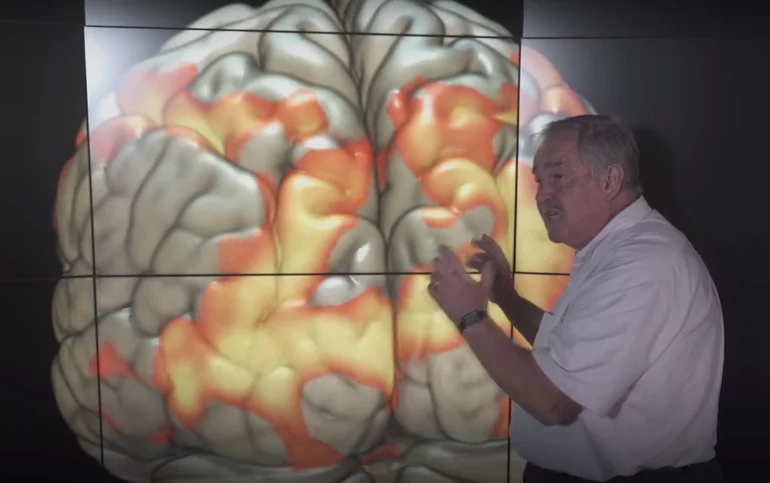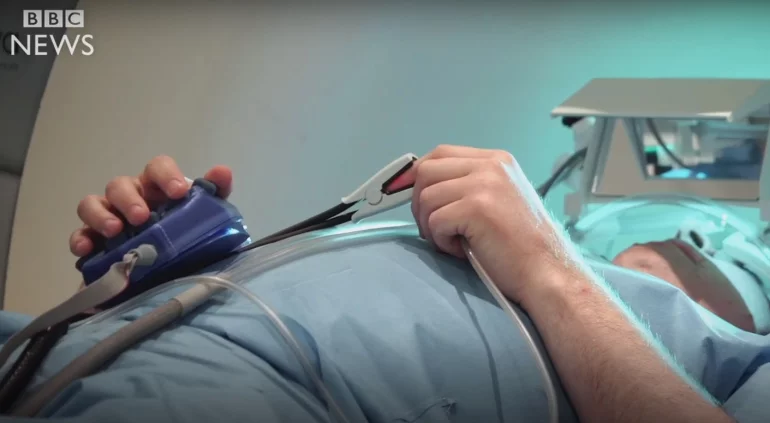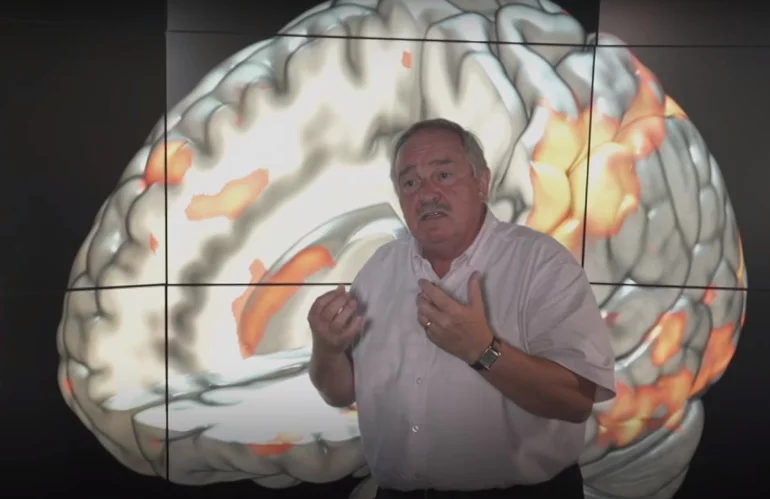What happens in the brain of a gambler when he makes a bet? What parts of the brain are physically involved? How does he react to wins and losses? Is there a difference in reaction?
Experts from BBC Panorama conducted an interesting experiment designed to answer these and other questions. The study's results can help solve the problem of gambling addiction because scientists have come to unexpected conclusions during the observations.
Participants in the Experiment
Participation in the experience agreed to take Tony Franklin, a player with years of experience. Addiction to the game for money gave him a lot of trouble, so he wanted to eliminate the pernicious passion.

The experiment was conducted by Professor David Nutt, one of the leading experts in gambling in the world. Let's hear the scientist's opinions on gambling addiction:
Gambling addiction is not a weakness. This is a mental disorder due to which the gambling industry lives. Once you get addicted to the game, it's hard to stop because you've changed your brain. Addiction is a brain that has changed for a passion for the game.
Accordingly, if we are talking about transformations at the brain level, they should be investigated in one of the most effective ways.
The Course of the Experiment
Tony Franklin was placed in a CT scanner and allowed to play electronic roulette while in the machine. He was given thousands of pounds as a bankroll. He could dispose of all the money at his discretion, independently choosing the size of the bet and the overall strategy.

While he was engrossed in the game, the Professor and his assistants observed which areas of the brain were most active. The essence of the experiment is as follows:
When Tony performs the task assigned to him, when he looks at the roulette wheel and decides what bets to make, parts of his brain turn on, and then they can't stop. We believe there are some chemical processes behind this. We expect to see that the habit centers in players' brain are much more activated than in ordinary people' brain like yours and mine.
Next, the researchers observed the reaction in Tony's brain at different stages of the gameplay:
- Placing a bet on the field – The brain does not show additional activity. We can say that Franklin is calm. He is busy with the usual business and can only decide where to put the chips.
- Starting the ball – As soon as the spin begins, the difference in brain activity becomes striking. Additional areas responsible for vision are activated. Tony is watching where the ball will land. He wants to see it in the winning number. The areas of the brain responsible for emotions are also instantly activated. Franklin's worried. He's worried about the outcome of the round.
- Winning – So Tony was lucky. The ball stopped in the room, which brought him victory. But the scanner showed no significant changes in Franklin's brain. Almost the same areas that were active while waiting for the result are functional. Only a tiny signal from the sector responsible for satisfaction was added. In other words, Tony is happy but not very happy. He's waiting for the next spin.
In all the following rounds, Franklin's reaction was the same.

Experimental result
Watching Tony's brain, Professor Nutt concluded:
Winning and waiting for the result of the draw, anticipation – they have almost the same effect. This is a crucial feature of the game for money. It's not just winning that matters. Even if you fail, constant participation activates the player as much as winning itself.
What happens to a gambling client over time? David Nutt warns of danger:
Sitting at a fixed-payout machine, you come across this every twenty seconds. You go through this a hundred times. Eventually, this process becomes a habit. It's addictive.
The fate of Tony Franklin is not told. It is not known whether he managed to beat his gambling addiction. It is probably too early to conclude.
| Casino | Bonuses | Editors rating | |||
| 100% to 100 $ x35 |
Play
T&C applies, 18+
|
||||
| — |
Play
T&C applies, 18+
|
||||
| — |
Play
T&C applies, 18+
|
||||
| — |
Play
T&C applies, 18+
|
||||
| 100% to 400 $ x50 |
Play
T&C applies, 18+
|
Conclusion
Casinoz encourages readers to take gambling very seriously. In numerous thematic articles published on the portal, we describe how to identify the signs of addiction, avoid manifestations of the disease, and cope with it.
If you play in a casino, prefer institutions with a Responsible Gambling program. It will allow you to set limits, block your account, and ask for help from experts.
Don't underestimate the danger! Be careful! Play responsibly!
Write reviews in the comments. Share personal experiences, ask questions, and advise other players.


























